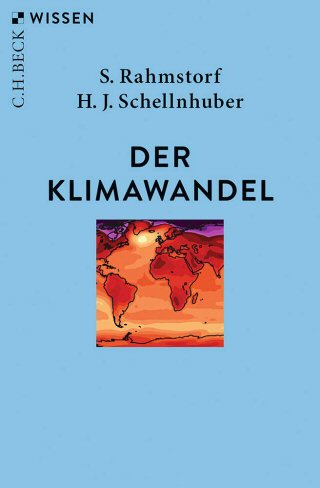It’s a familiar story: An interesting paper gets published, there is a careless throwaway line in the press release, and a whole series of misleading headlines ensues.
This week, it’s a paper on bromine- and iodine-mediated ozone loss in marine boundary layer environments (see a good commentary here). This is important for the light that it shines on tropospheric ozone chemistry (“bad ozone”) which is a contributing factor to global warming (albeit one which is about only about 20% as important as CO2). So far so good. The paper contains some calculations indicating that chemical transport models without these halogen effects overestimate ozone near the Cape Verde region by about 15% – a difference that certainly could be of some importance if it can be extrapolated across the oceans.
However, the press release contains the line
Large amounts of ozone – around 50% more than predicted by the world’s state-of-the-art climate models – are being destroyed in the lower atmosphere over the tropical Atlantic Ocean.
(my highlights). Which led directly to the headlines like Study highlights need to adjust climate models.
Why is this confusing? Because the term ‘climate models’ is interpreted very differently in the public sphere than it is in the field. For most of the public, it is ‘climate models’ that are used to project global warming into the future, or to estimate the planet’s sensitivity to CO2. Thus a statement like the one above, and the headline that came from it are interpreted to mean that the estimates of sensitivity or of future warming are now in question. Yet this is completely misleading since neither climate sensitivity nor CO2 driven future warming will be at all affected by any revisions in ozone chemistry – mainly for the reason that most climate models don’t consider ozone chemistry at all. Precisely zero of the IPCC AR4 model simulations (discussed here for instance) used an interactive ozone module in doing the projections into the future.
What the paper is discussing, and what was glossed over in the release, is that it is the next generation of models, often called “Earth System Models” (ESMs), that are starting to include atmospheric chemistry, aerosols, ozone and the like. These models may well be significantly affected by increases in marine boundary layer ozone loss, but since they have only just started to be used to simulate 20th and early 21st Century changes, it is very unclear what difference it will make at the large scale. These models are significantly more complicated than standard climate models (having dozens of extra tracers to move around, and a lot of extra coding to work through), are slower to run, and have been used much less extensively.
Climate models today are extremely flexible and configurable tools that can include all these Earth System modules (including those mentioned above, but also full carbon cycles and dynamic vegetation), but depending on the application, often don’t need to. Thus while in theory, a revision in ozone chemistry, or soil respiration or aerosol properties might impact the full ESM, it won’t affect the more basic stuff (like the sensitivity to CO2). But it seems that the “climate models will have to be adjusted” meme is just too good not to use – regardless of the context.
 These days, when global warming inactivists need to trot out somebody with some semblance of scientific credentials (from the dwindling supply who have made themselves available for such purposes), it seems that they increasingly turn to Roy Spencer, a Principal Research Scientist at the University of Alabama. Roy does have a handful of peer-reviewed publications, some of which have quite decent and interesting results in them. However, the thing you have to understand is that what he gets through peer-review is far less threatening to the mainstream picture of anthropogenic global warming than you’d think from the spin he puts on it in press releases, presentations and the blogosphere. His recent
These days, when global warming inactivists need to trot out somebody with some semblance of scientific credentials (from the dwindling supply who have made themselves available for such purposes), it seems that they increasingly turn to Roy Spencer, a Principal Research Scientist at the University of Alabama. Roy does have a handful of peer-reviewed publications, some of which have quite decent and interesting results in them. However, the thing you have to understand is that what he gets through peer-review is far less threatening to the mainstream picture of anthropogenic global warming than you’d think from the spin he puts on it in press releases, presentations and the blogosphere. His recent  Last week, the
Last week, the 








